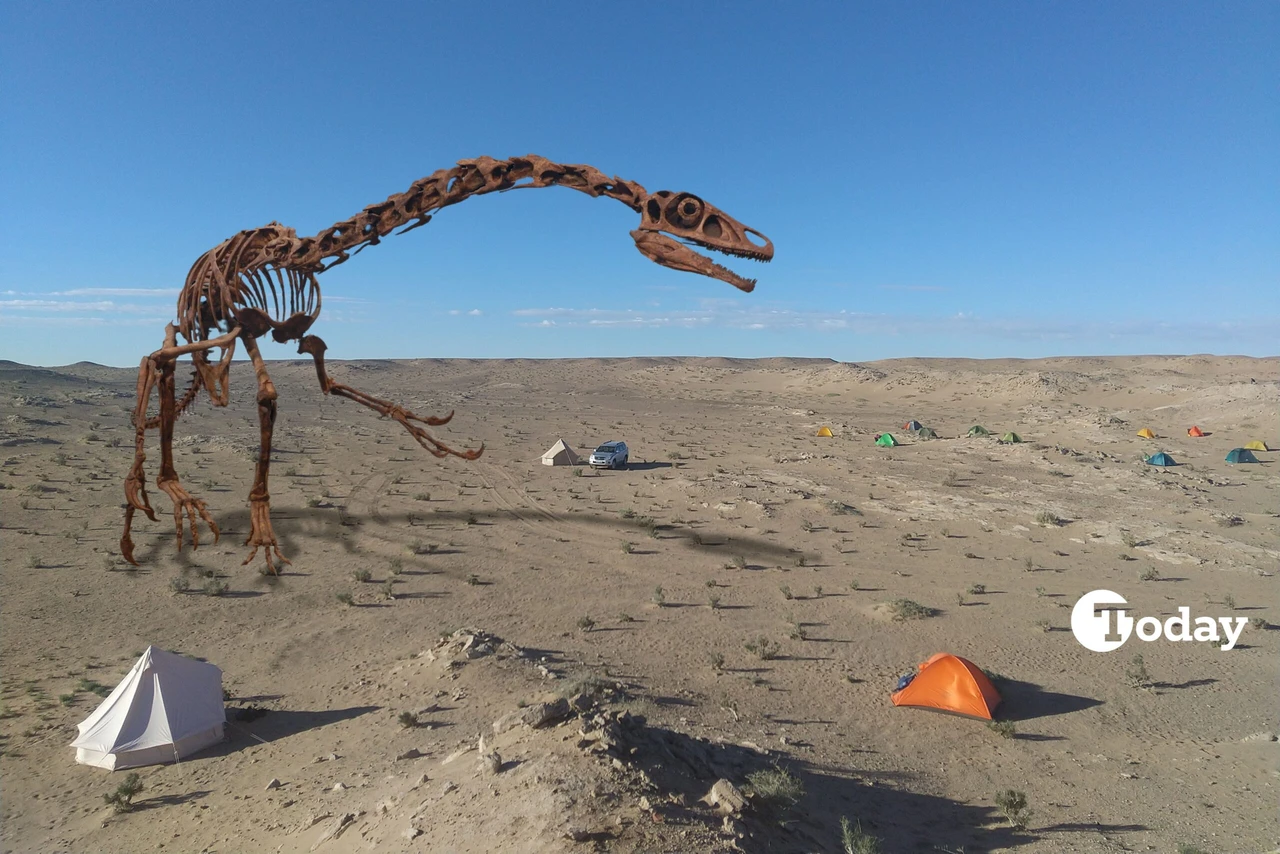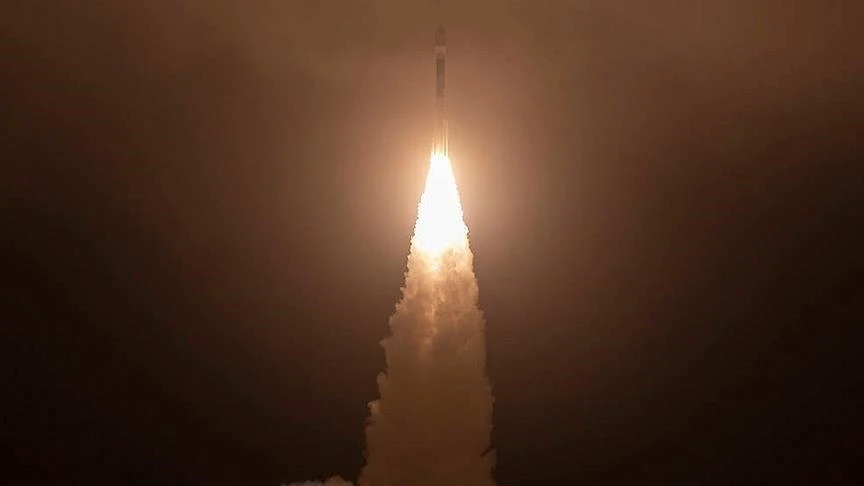NASA’s quest in space fuels cancer research breakthrough
NASA’s cutting-edge research in space’s unique environment accelerates the development of advanced cancer treatments
NASA’s latest venture into space research has marked a significant milestone in combating cancer, echoing the fervor of President Joe Biden’s dedicated initiative.
An event in Washington recently highlighted the vital role of space’s weightless environment in advancing cancer research.
Frank Rubio, an astronaut with a background in medicine and military aviation, is actively engaged in cancer research on the International Space Station (ISS), orbiting about 400 kilometers (248 miles) above Earth.
The unique conditions of space, where cells age faster and exhibit purer structures, accelerate research progress.
“They all don’t clump together (as they do) on Earth because of gravity. They are suspended in space,” NASA Chief Bill Nelson explained as reported by Agent France Press (AFP).
This suspension allows for an enhanced analysis of cellular structures.
Nelson pointed out the potential for space research to boost cancer drug efficacy. One case in point is pharmaceutical giant Merck’s research on Keytruda, an anti-cancer drug, aboard the ISS.
Merck’s focus was on crystallization to optimize drug formulation, and Nelson showcased the marked difference in crystal formation in space through two compelling images.
This innovative research could lead to more effective drug delivery methods, moving away from the arduous chemotherapy treatments. Merck aims to replicate these findings on Earth, potentially enabling the creation of room-temperature-stable drugs.
While the process from space research to drug availability can be lengthy, Nelson and W. Kimryn Rathmell, director of the National Cancer Institute, emphasized the transformative nature of these developments.
“We use the languages of space to tell the limits of cancer,” Rathmell stated.
Secretary of Health and Human Services Xavier Becerra drew parallels between this initiative and the historic lunar mission, saying: “As we did during the race to the Moon, we believe our technology and scientific community are capable of making the impossible a reality when it comes to ending cancer as we know it.”
Despite budgetary constraints with NASA’s 2024 funding falling short of expectations, the enthusiasm in the scientific community remains undiminished.
During the NASA Headquarters event, Nelson, alongside Becerra, shared the critical contributions of NASA’s space research to the Cancer Moonshot initiative led by President Biden and First Lady Jill Biden.
This national effort seeks to halve the country’s cancer death rate in the next 25 years. NASA’s investigations on the ISS, encompassing protein crystal growth, nanoparticle drug delivery, tissue engineering and stem cell research, are pivotal to this mission.
Source: Newsroom



